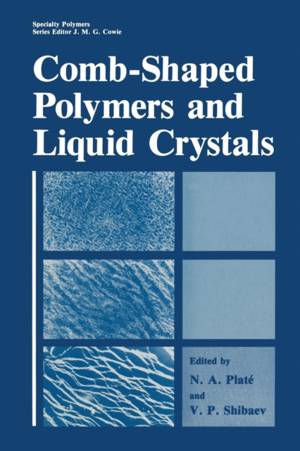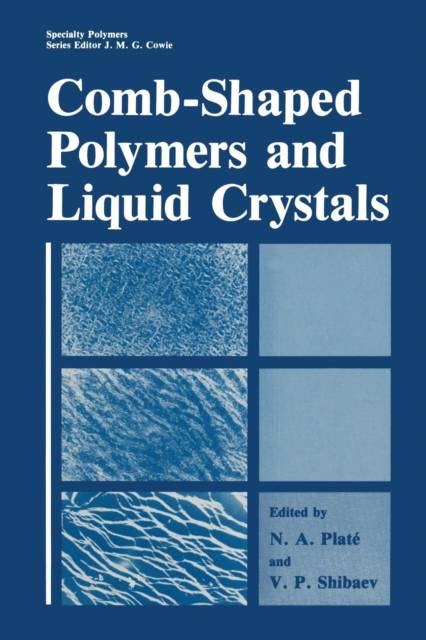
- Retrait gratuit dans votre magasin Club
- 7.000.000 titres dans notre catalogue
- Payer en toute sécurité
- Toujours un magasin près de chez vous
- Retrait gratuit dans votre magasin Club
- 7.000.000 titres dans notre catalogue
- Payer en toute sécurité
- Toujours un magasin près de chez vous
Description
to the American Edition We are pleased that our modest work, published some time ago in Russian in Moscow* and which attracted the attention of polymer specialists, t will now be available to the EngJish- speaking audience of scientists - chemists, physicists, and technologists engaged in creating new types of polymer materi- als for modern technology and working on the fundamental prob- lems of the solid-state physics and structure of polymer- due to the initiative of Plenum Press. In polymer science, the 1980s were marked by the birth of a new field and a new scientific trend related to the dis- covery and study of a previously unknown class of polymers thermotropic liquid-crystalline polymers - and the further development of the fundamental theoretical concepts of the liquid-crystalline (mesomorphic) state of macromolecular com- pounds. This state is a phase state in thermodynamic equi- librium characterized by the anisotropy of the structure and properties as a result of one-dimensional or two-dimensional ordering. Such systems have an ordered but simultaneously labile structure which can easily be altered by mechanical, electrical, or magnetic fields; the polymer system then acquires unique physical and optical properties. These prop- erties, which are acquired in the liquid-crvstalline state, are then fixed in the solid at the operating temperatures. *N. A. Plate and V. P. Shibaev. Comb-Shaped Polymers and Li- quid Crystals [in RussianJ. Khimiya, Moscow (1980). tSee the review of this book by H. Mark in J. Polym. Sci. Polym. Lett. Ed., 20, 139 (L982).
Spécifications
Parties prenantes
- Auteur(s) :
- Editeur:
Contenu
- Nombre de pages :
- 428
- Langue:
- Anglais
- Collection :
Caractéristiques
- EAN:
- 9781461290827
- Date de parution :
- 09-11-11
- Format:
- Livre broché
- Format numérique:
- Trade paperback (VS)
- Dimensions :
- 156 mm x 234 mm
- Poids :
- 594 g







